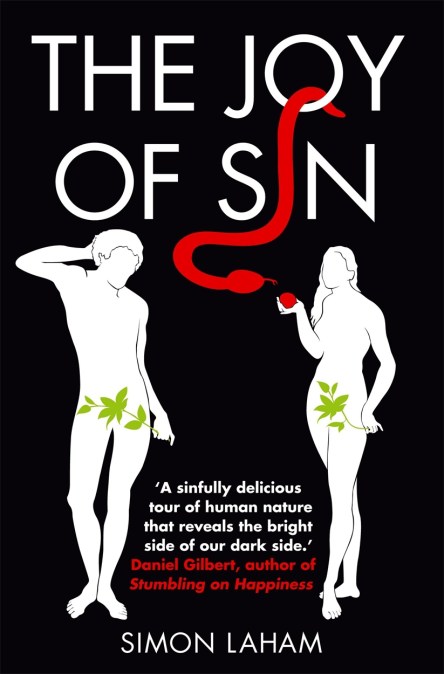Using modern psychological science, a great deal of research, historical anecdotes and an eloquent turn of phrase, the author contends that the ‘seven deadly sins’ not only feel good, but are also good for you. From gluttony to greed, to envy and lust, even the deadliest of sins can make you smart, successful and happy. For example, anger can breed perseverance, sloth: hopefulness, greed: happiness and envy can actually bolster one’s self-esteem. Based on many studies, the author tells us why the greedy are happy, the slothful are smart, gluttons are social butterflies and how anger can make you a fearsome negotiator.
The simplistic labelling of the seven deadly sins as ‘sins’ or as uniformly wrong does nothing but breed contempt for ‘sinners’ and stifle sophisticated discussion. Sin rails against this simplicity. Each chapter will cover an array of fascinating psychological research that demonstrates just how interesting and complex the seven deadly sins are. So the basic message of Sin: relax, spend, eat, drink and generally covet – you’ll be better off for it.
The simplistic labelling of the seven deadly sins as ‘sins’ or as uniformly wrong does nothing but breed contempt for ‘sinners’ and stifle sophisticated discussion. Sin rails against this simplicity. Each chapter will cover an array of fascinating psychological research that demonstrates just how interesting and complex the seven deadly sins are. So the basic message of Sin: relax, spend, eat, drink and generally covet – you’ll be better off for it.
Newsletter Signup
By clicking ‘Sign Up,’ I acknowledge that I have read and agree to Hachette Book Group’s Privacy Policy and Terms of Use
